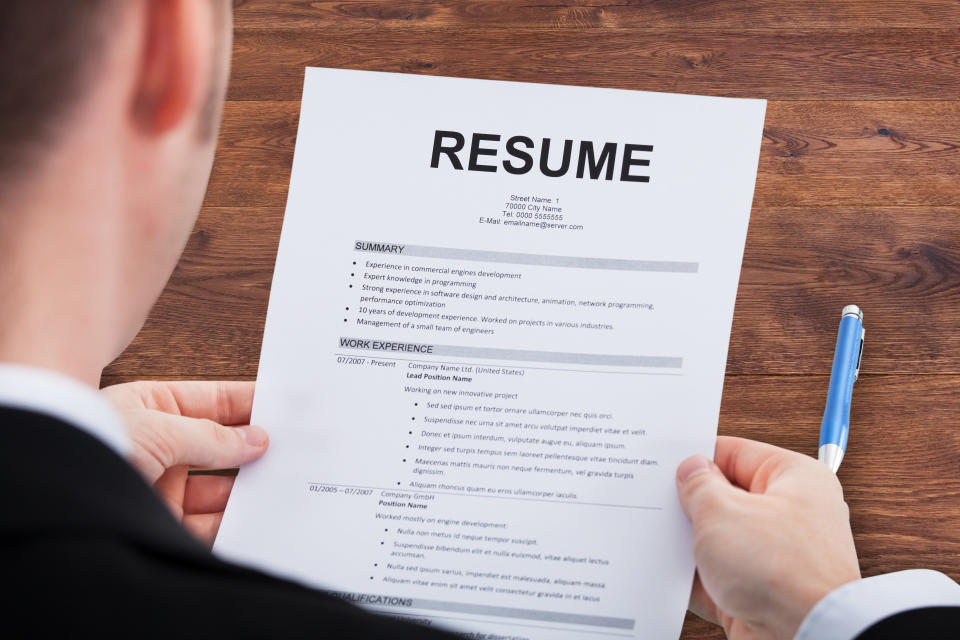How to write the perfect resume if you have no job experience
If you’re getting ready to graduate from college, it’s critical to have a resume that will clearly tell your story, says Lesley Mitler, co-founder of Early Stage Careers.
“On average, recruiters spend six seconds looking at a resume,” Mitler says. “It's really important for people to be able to look at it and understand the choices that you've made.”
While your professional work experience might be thin if you’re just graduating, Mitler says you need to mine all of your experiences. She recommends including summer jobs, research projects, leadership roles, and extracurriculars to fill out your resume.
“People just want to see that you've made choices to work and that you're passionate about things,” Mitler says. “Passion is one of the key things that employers are looking for—it's not just somebody that can do the job, but somebody who is excited about doing the job.”
When it comes to putting it all on paper, Mitler says presentation is key. Resumes should be one page, which shows that “you know how to be organized and you know how to prioritize,” Mitler says.
Your font should be 10.5 or 11 point, with margins no less than three-quarters of an inch. Additionally, fancy fonts, colors, and graphics distract the reader and can look unprofessional, Mitler says.

When you’re ready to submit your resume for a job, Mitler says it’s critical you study the job description for keywords that you can include on your resume. Companies use an electronic applicant tracking system, which filters out resumes that don’t match the positions applicants are submitting for.
“If you’re not looking at the job you're applying to and the qualifications they’re looking for, you have a much more reduced chance of getting seen by a recruiter,” Mitler says. Seventy percent of resumes do not get past this electronic system, so proper research is necessary to tailor your resume to the position.
Mitler says today’s college students understand the importance of building their resume throughout their college career, and they know to add activities and internships that will set them up for success. She recommends updating your resume regularly to keep your experience up to date.
“I would suggest that you definitely update your resume at the end of every semester or at the end of the summer for any experience that you've gained or the skills that you've built,” she says. “And as you start to add new experiences and new skills, you can minimize some of the old experiences that aren’t going to be as interesting to a new employer.”
WATCH MORE
3 tips to score a job before graduation